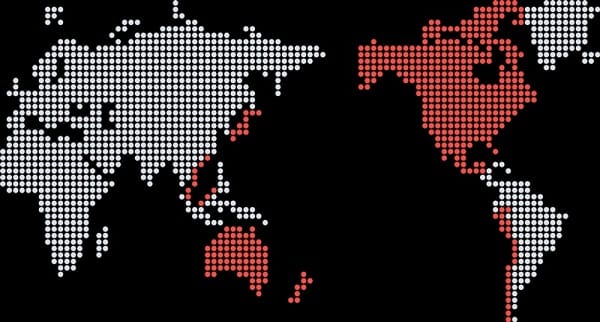Economic integration and free trade between economies remains a critical pillar for the growth of the region, so countries involved in the free trade negotiations should persevere through short-term reforms for the greater good said Senior Minister of State for Trade and Industry Lee Yi Shyan. He made this point at the Asia-Pacific Forum – which is co-organised by the Singapore Institute of International Affairs (SIIA) and the Japanese Economic Foundation (JEF) – on Monday (Nov 24).
Mr Lee touched on two regional initiatives for which Singapore is involved in negotiations – the Regional Comprehensive Economic Partnership (RCEP) and the Trans-Pacific Partnership (TPP). “Bringing about deeper regional integration will require change from all countries involved. And indeed, some countries may have more to change than others. But we do not need to build Rome in a day,” he said.
“The RCEP for instance, recognises that LDCs (least-developed countries) may need more time to eliminate tariffs, and technical assistance in order to shoulder some of the obligations in the treaty. What matters is that we are moving surely and steadily towards deeper regional integration, and that we seize opportunities such as the RCEP and TPP to catalyse reform.”
Both trade agreements seek to deepen economic ties between ASEAN nations and major trading partners such as China, India and the United States – with negotiations expected to wrap up in 2015.
Further down the road, China has proposed an even larger free trade agreement (FTA) encompassing the entire Asia-Pacific. However, experts acknowledge the challenge of implementing such FTAs – where participating economies would inevitably have to adjust.
Professor Simon Tay, chairman of the SIIA, said: “By being more efficient, by bringing down the barriers, we will unlock – in the Asia Pacific – over a trillion dollars worth of benefits. Of course if the smaller groups are involved, there will be slightly smaller benefits but really, we all stand to gain. And this is a hard lesson because there will be sectors in different countries, like America, which would say when we open up, we lose jobs, we lose things. And that’s true because there will always be adjustments to the economy, but on a whole, I think we will all gain.”
This article was originally published in Channel NewsAsia on 24 Nov 2014.




